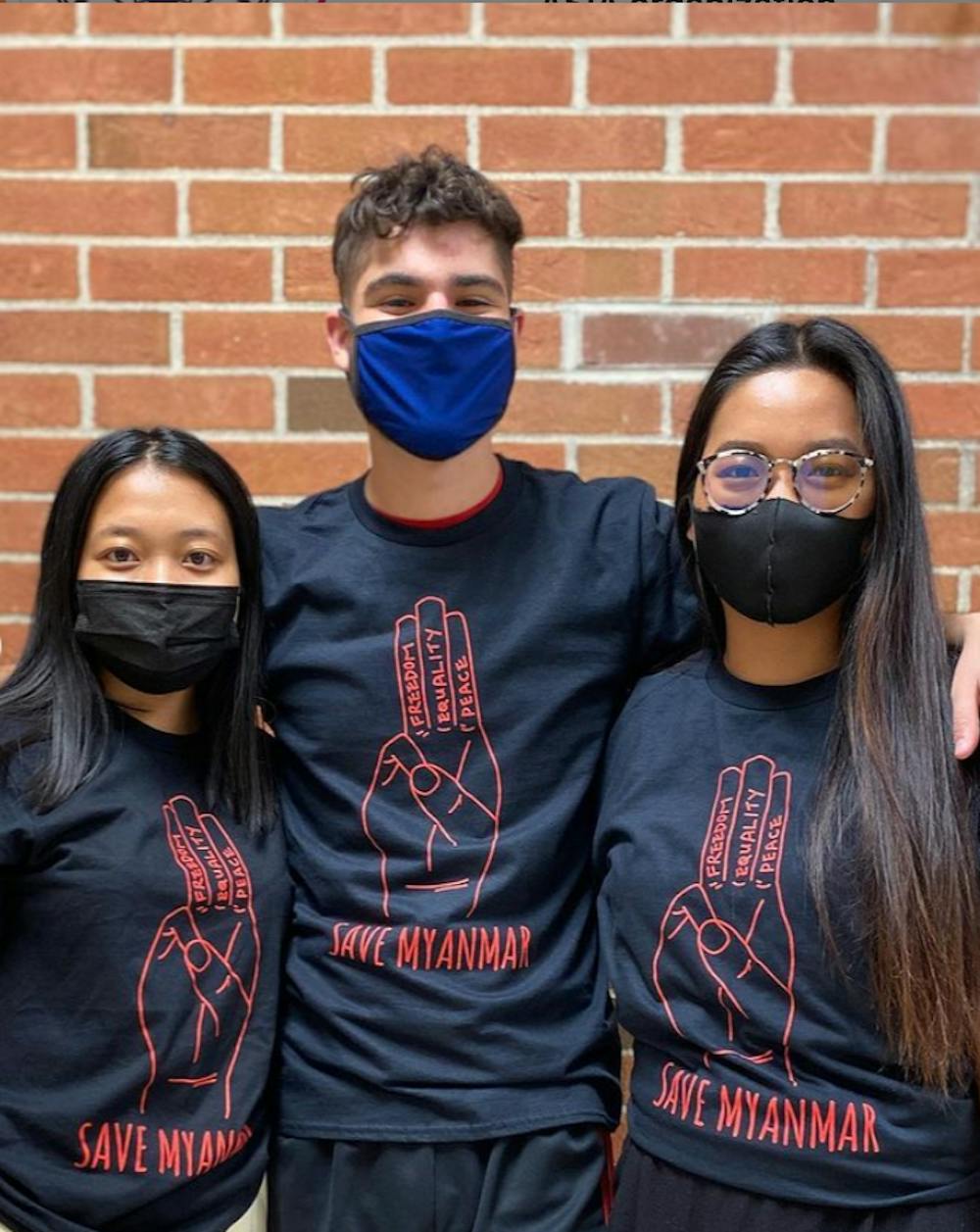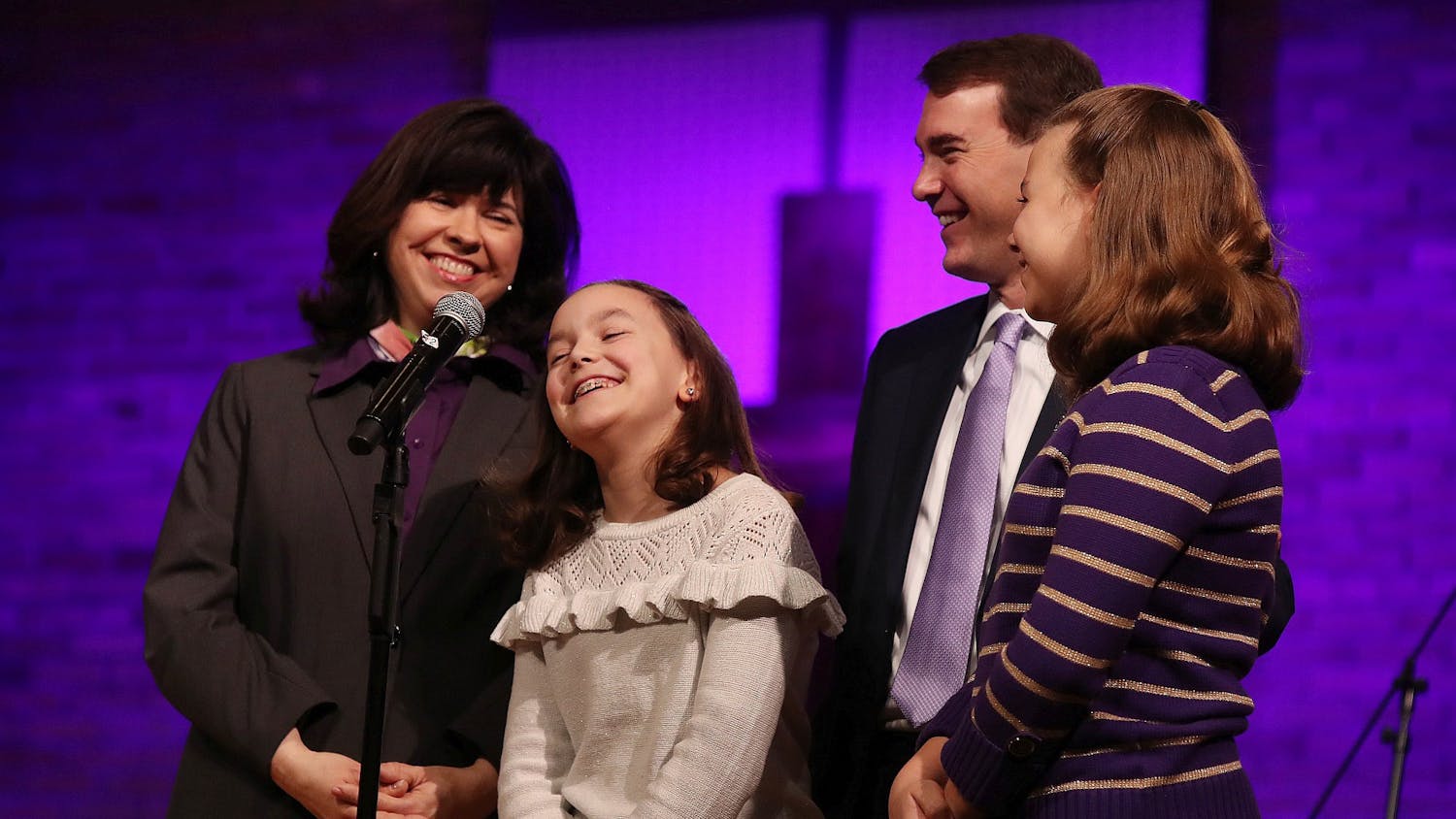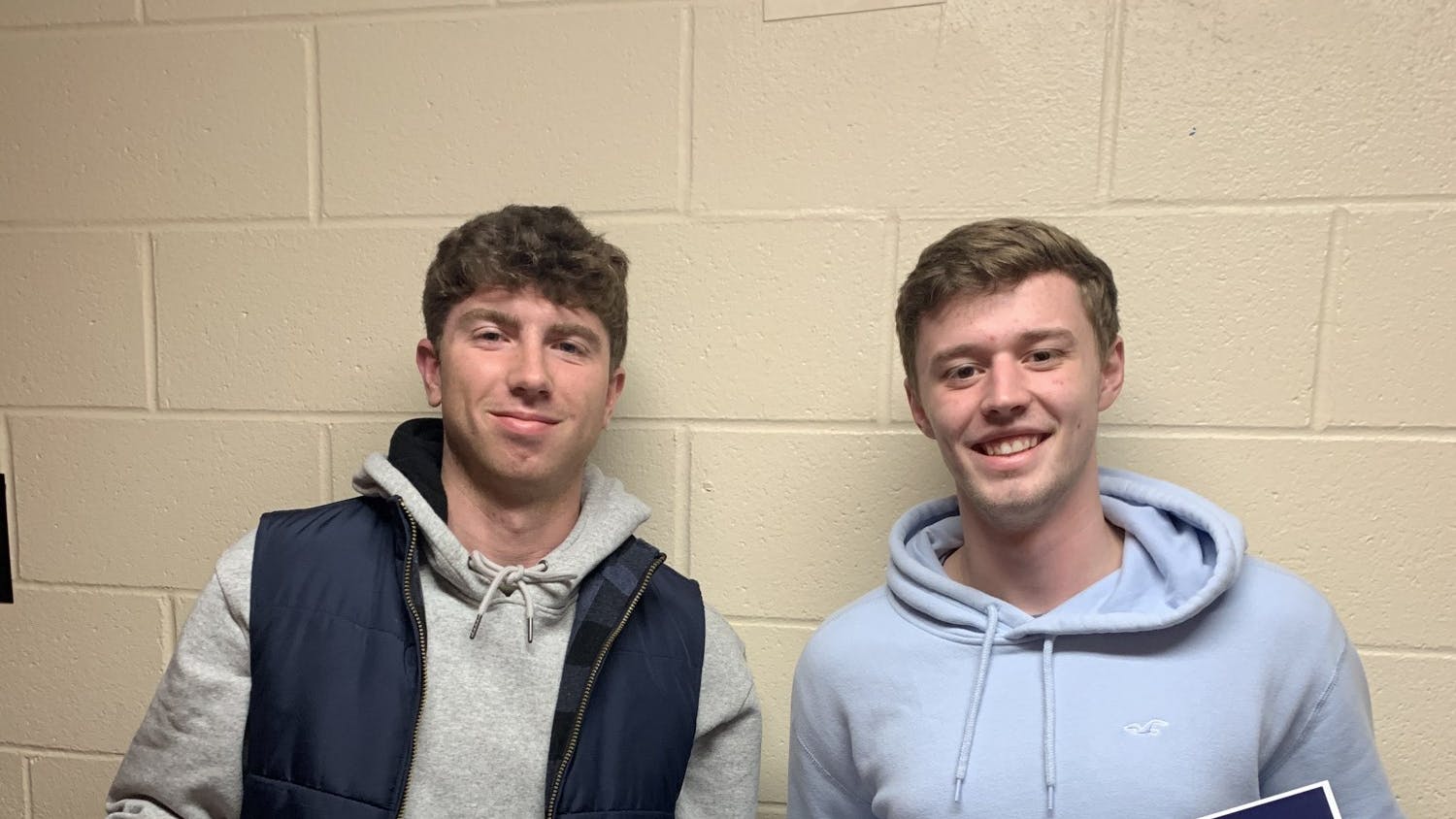Eight people were killed and another was wounded in a series of shootings at three spas on March 16, in Atlanta, Georgia.
Although denied by the Atlanta Police Department, there is wide speculation that the shooting was racially-motivated. Six of the fatalities were Asian women, all three businesses were asian-owned and the gunman expressed a desire to “kill all Asians,” according to one survivor who fled the scene.
This event occurred alongside a sharp rise in physical assaults against Asian-Americans across the U.S. in recent months. An analysis released by the Center for the Study of Hate and Extremism at California State University, San Bernardino, has found that hate crimes against Asian-Americans have spiked by nearly 150%, despite hate crimes overall falling by 7%. Similar studies, such as a report in August by the United Nations, have confirmed these numbers.
There is no hard evidence tied to one reason for the spike, but experts theorize that the rise in anti-Asian rhetoric in relation to COVID-19 has created an environment for the spike, from people such as Antionio Guerres, United Nations secretary general and President Joe Biden. This confirms predictions by the Federal Bureau of Investigation (FBI) to be wary of a spike in anti-Asian hate crimes at the start of the pandemic, covered in an intelligence report by FBI Houston in March of 2020.
At Taylor, students are grappling with this reality. Many Asian students fear for the safety of themselves or older relatives. The shooting in Atlanta has especially caused distress. On Sunday, April 4, there was a gathering of Asian-American Taylor students to check in and reflect with one another.
“We all come from different backgrounds,” said junior Nay Mi Chele-Rhengboi. “And so it affects us completely differently. There were a few that were really hurt by the silence at the university, not having the provost or even the president send out a message to Asian-Americans checking up on them.”
Some Asian-American students feel that this is inconsistent with the university administration and student body response to the rise in conversation about the Black Lives Matter movement, after the protests sparked by the killing of George Floyd in May of 2020.
Taylor University has released no statement on the matter, but on March 26, a three-paragraph email was sent to the student body by the Rev. Greg Dyson, vice president of intercultural leadership and church relations.
“Taylor University mourns the loss of life and denounces these actions,” Dyson said. “Recognizing that we are created in the image of God, we must stand against such evil.”
The email went on to cite Taylor’s commitment to integrate faith and learning, and to resemble Jesus in ministering to the vulnerable. It ends quoting Genesis 1:27 and 2 Timothy 2:7.
Rhengboi feels that a moment of silence or a prayer in a chapel would be something that could go a long way for helping Asian-American students on campus feel seen and respected. However, the lack of acknowledgement from the student body and administration is hurtful, she said.
“I just think that there's a lack of interest at Taylor from Caucasian students mostly,” she said. “And there's like a lot of assumptions about Asian-Americans before talking to them… if there's no interest, there's no approach, it's really hard to open up about yourself and about your story.”
A large portion of Taylor University’s Asian student population is of Burmese descent, and many of their stories are affected by the current conflict in Myanmar. Even more people surrounding the Taylor community are affected as well, as Indianapolis is home to the largest Burmese population in the U.S.
Following a government coup, Myanmar is now under army control and the leader of the democratic government has been removed.
Protests started taking place in February, and have been ongoing ever since. After online outlets were being used to coordinate the protests, the military blocked social media outlets and shut the internet down entirely.
“Many worry about what life would look like with a return to the type of military dictatorship that ruled Myanmar for decades,” an Instagram post by Taylor University's Asian Student Involvement Association (ASIA) Organization said.
A common symbol amongst the protesters has arisen, referencing the three-fingered salute that originated with the Boy Scouts and was popularized by The Hunger Games series by Suzanne Collins. It has been used as a pro-democratic symbol in south-east Asia since 2013. The three fingers are often associated with freedom, equality and peace.
ASIA has adopted the symbol and sold shirts for $10 throughout the week to raise money. All proceeds are being put toward the people of Myanmar.
“We want to challenge everyone to not only spread this awareness, but to also take action! Your contribution makes a difference!” another ASIA Instagram post said.
Rhengboi is one of the affected students. She fled Burma with her family as a child and has since found a home in Indianapolis. However, she does not feel that this is the only thing that identifies her, and sees this as one more reason for Taylor students to be interested in their Asian classmates' stories.
“I am a refugee, I'm proud of that,” she said. “But I'm certainly Asian-American and Burmese-American. My home is here in America… in Indiana. I'm a first generation, and am living here pursuing an education and wanting to live a better life that my parents couldn't live back in my homeland or in the States. I am a Christian believer. I describe myself as confident, independent and just a thinker with a creative mindset and a person that can do anything that I am willing to put an effort and mind to it.”
For Rhengboi, an interest in others stories is what can lead to much of the empathy and understanding the Taylor community is needing. She feels that there are many issues that could be fixed by taking the time to learn about someone else’s life. By doing so, a level of concern and interest is shown that is not normally seen on campus.
“If you want to learn, just ask” she said. “We mattered. Our lives matter; the loss matters.”





